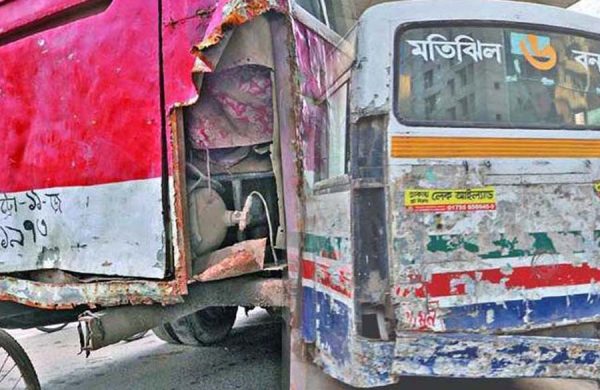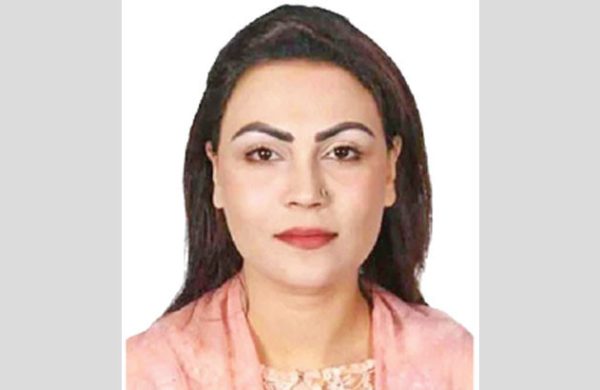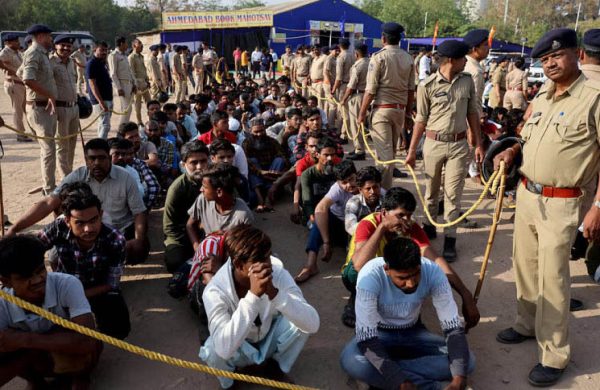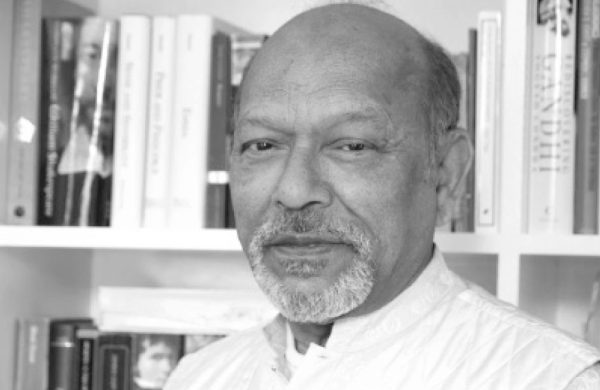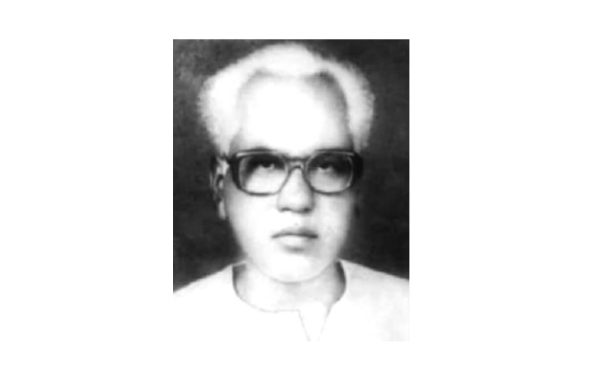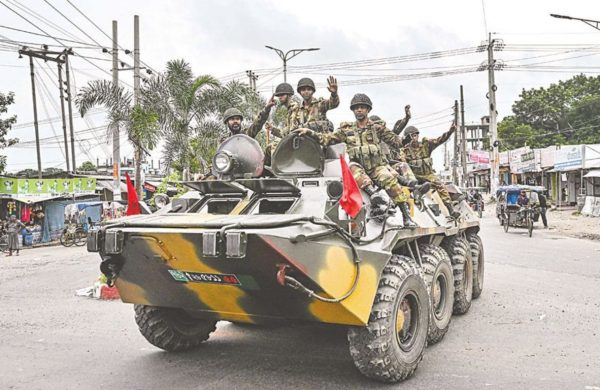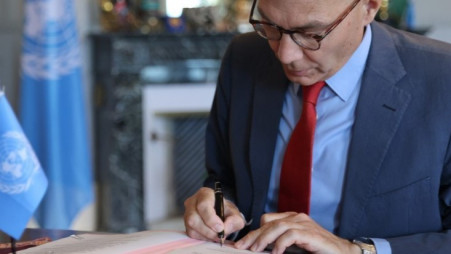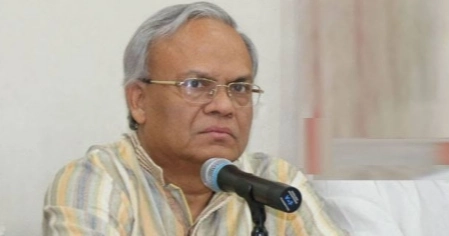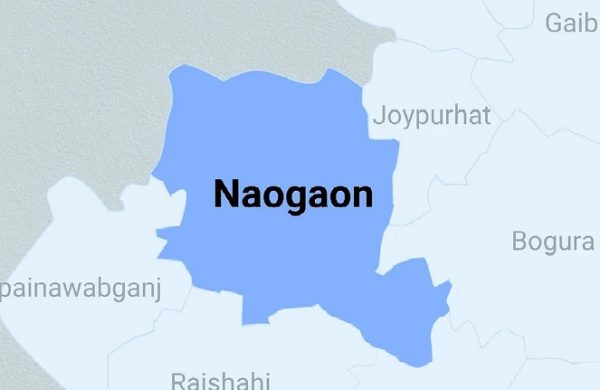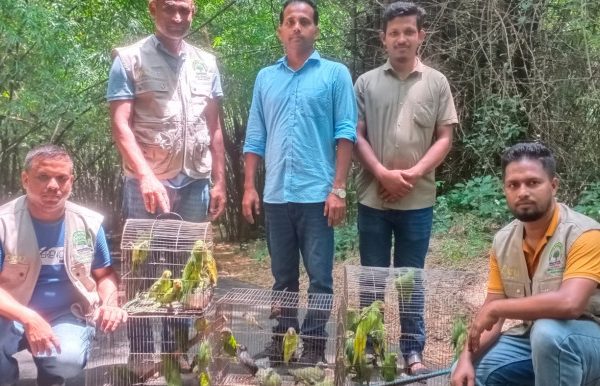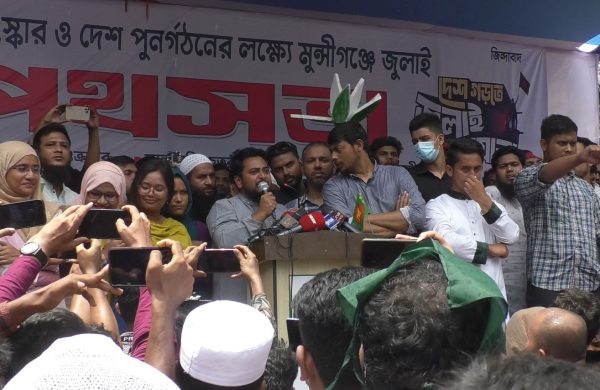Hasina’s Extradition and India’s Political Call
- Update Time : Monday, August 26, 2024
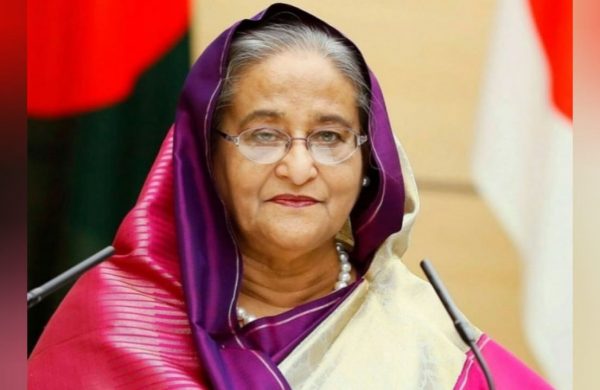
–Pallab Bhattacharya–
As the number of criminal cases filed against ousted Prime Minister
Sheikh Hasina grows with each passing day since she fled Bangladesh
on August 5, the chorus is growing in that country for her extradition
under the extradition treaty the two countries signed in Dhaka on
January 28, 2013. The extradition treaty took effect after the exchange
of instruments of ratification in October that year.
Bangladesh’s Foreign Affairs Adviser Touhid Hossain had told Reuters
on August 15 that since Hasina’s ouster, a number of cases had been
filed against her and if the country’s Home and Law ministries decide,
Bangladesh may need her to “return to Bangladesh” to face trial.
According to former Indian minister of state for External Affairs E
Ahamed in Rajya Sabha, “the extradition treaty would promote
cooperation among law enforcing agencies of the two countries and
help to curb criminal activities.” The treaty provided for the two
countries to exchange convicts or under-trials as and when required.
When the extradition accord was signed, the context was somewhat
different. While India was at that time grappling with insurgents in
north eastern states, particularly Assam, who took shelter across the
border, Bangladesh for its part was dealing with the problem of the
operatives of terror groups like Jamaat-ul-Mujahideen Bangladesh who
used to take shelter in states like Assam and West Bengal. Bangladesh
and India have so far exchanged two fugitives each under the
extradition treaty. The most talked-about person to have been
extradited to India from Bangladesh was United Liberation Front of
Ahom (ULFA) leader Anup Chetia in 2015.
As per the extradition treaty, Bangladesh and India are supposed to
extradite individuals “who have been proceeded against…..or have
been charged with or are wanted for committing an extraditable
offence by a court of the requesting country.” The treaty also says the
extradition shall also be granted “if there is an attempt to commit or
aid, abet, incite or participating as an accomplice in the commission of
an extraditable offence.”
The treaty says ‘an extraditable offence is one which carries a minimum
punishment of one year imprisonment. This includes financial offences.
For an offence to be extraditable, the principle of dual criminality must
apply which means that the offence must be punishable in the two
countries, says an Explainer in The Indian Express.
An amendment was made to an article of the treaty in 2016 which
dispensed with the requirement of the requesting country to give
evidence of the offence committed. Only an arrest warrant by a
competent court is now needed to process an extradition plea.
The treaty says an extradition plea may be refused if the offence is of a
“political nature.” However, there is a long list of offences that cannot
be deemed as “political”. These include, murder, manslaughter,
culpable homicide, assault, causing of an explosion, making or
possession of an explosive substance or weapon by a person intending
to endanger life, use of a firearm with intent to resist or prevent arrest,
damaging property with intent to endanger life, kidnapping or taking of
a hostage, incitement to murder and any other offence related to
terrorism. Some of the offences against are excluded from the
definition of political crimes in the treaty.
Reasons have been mentioned in the treaty for refusal of extradition
request and its Article 8 lists many grounds for extradition refusal
including cases in which an accusation has not been “made in good
faith in the interests of justice or in case of military offences which “are
not an offence under the general criminal law.”
The assessment in New Delhi is that the surfeit of cases against Hasina
is aimed at putting pressure on India to extradite Hasina to Bangladesh.
Political analysts are unanimous in holding that ultimately it has to be a
political call by India whether or not to extradite Hasina.
What has further complicated things for Hasina is that the interim
government in Bangladesh has cancelled her diplomatic passport which
allows 45 days of stay in India without visa. Hasina was flown to Delhi
by a Bangladeshi military plane on August 5. What happens when that
time expires? Does Hasina become a stateless person? Can Hasina be
treated as a refugee in India?
India is not a party to the 1951 UN Convention on the Status of
Refugees and the subsequent 1967 Protocol under which a refugee is a
person who is outside their country of origin and unable or unwilling to
return owing to well-founded fear of persecution for reasons of race,
religion, nationality, membership of a particular social group or political
opinion.
India is no stranger when it comes to hosting refugees in the past. The
country had hosted nearly one crore refugees from Bangladesh during
the 1971 liberation war, Tibetans and Chakmas from Bangladesh,
Rohingya s from Myanmar, Tamil refugees from Sri Lanka and Sikh
refugees from Afghanistan.
While India is aware of the reality of a non-Awami League government
in Bangladesh at present and possibly in future, at the same time it
does not want to be seen as abandoning a long-standing friend like
Hasina. But it is not a case of choosing one or the other. India has lived
with regime changes in Bangladesh beginning with the assassination of
Bangabandhu Sheikh Mujibur Rahman in August, 1975 under Gen Ziaur
Rahman, H M Ershad and Khaleda Zia with varying degrees of ups and
downs in bilateral relations.
Besides, there is the geography which binds the two countries together.
In the 1990s, the then BNP leader and Finance Minister of Bangladesh
Md Saifur Rahman had once pointed to the imperatives of India-
Bangladesh ties. He had said that Bangladesh is not only land-locked
but “India-locked.” The two countries have to share the key to that
lock.
________________________________________
The writer is a veteran Indian journalist


